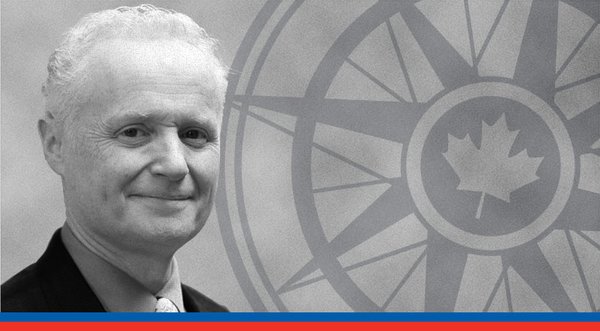In this week’s Maclean’s magazine Paul Wells spends a lot of time discussing Fearful Symmetry and the social policy changes it portends:
“For next steps, many conservatives are turning to Fearful Symmetry: The Fall and Rise of Canada’s Founding Values, a new book by Brian Lee Crowley, an economist and founder of the new Macdonald – Laurier Institute.
Crowley does not regard himself as a social conservative. But many who do see themselves that way like what he’s saying. To caricature a complex argument, Crowley says the modern welfare state has overextended itself, is unsustainable, and causes more harm than good to institutions like the family. These trends will only get worse when an aging population sharply increases the cost of delivering most social programs. One size can no longer fit all. Social services will have to be narrowly aimed at those who need them most, and delivered only as long as recipients are willing to improve their behaviour by attending to their family, keeping or seeking a job, and so on.
Government is no good at any of that and, in the opinion of most, shouldn’t try. “It is precisely for this reason, in my view, that we have seen in both the United States and the United Kingdom a growing use of the private sector, including the not-for-profit and so-called faith-based charities, for the delivery of social services,†Crowley writes. “Such private agencies may be more demanding of their clientele and expect more in the way of improvements in behaviour.â€
Crowley’s book was published last autumn. It seems to have been barely one step ahead of the news. This month’s Throne Speech contained a single line saying the government “will look to innovative charities and forward-thinking private-sector companies to partner on new approaches to many social challenges.†Such charities and companies were much in evidence at the Manning Centre conference. The changes Crowley anticipates are expected and embraced by social conservatives.
Meanwhile, the federal Liberals are still defending policies from five years ago, policies Harper has taken pains to ensure future federal governments won’t be able to afford, with his GST cuts and his massive cash transfers to the provinces. If the Liberals cannot begin to make a case for a return to larger, more activist — and more expensive — state-run social welfare, then Stephen Harper’s social conservative revolution will only accelerate.


